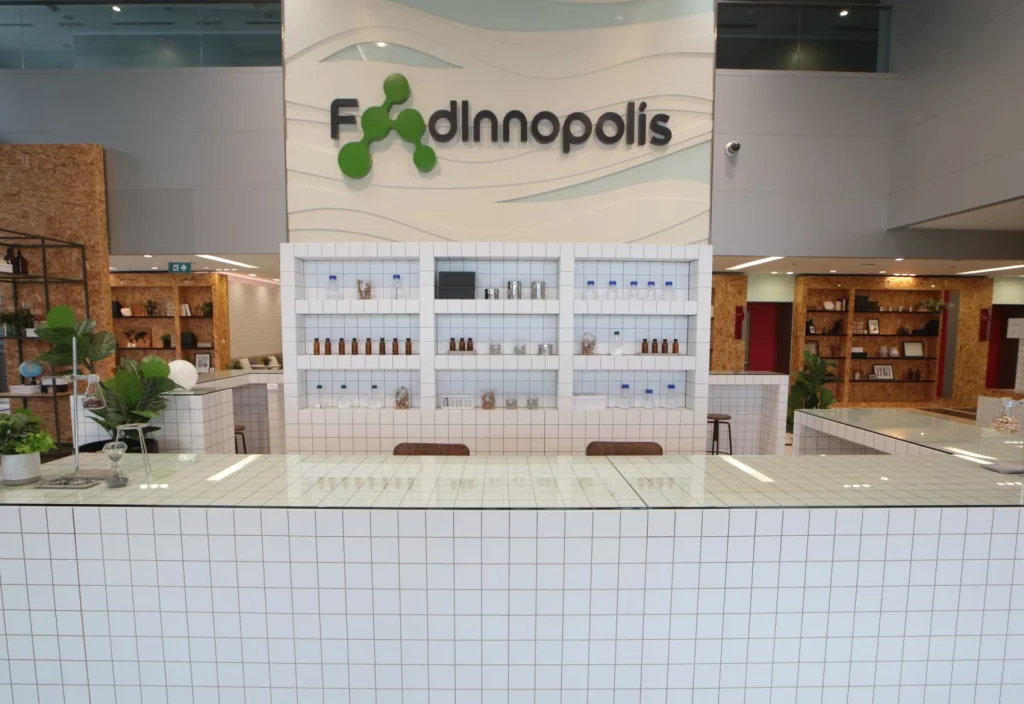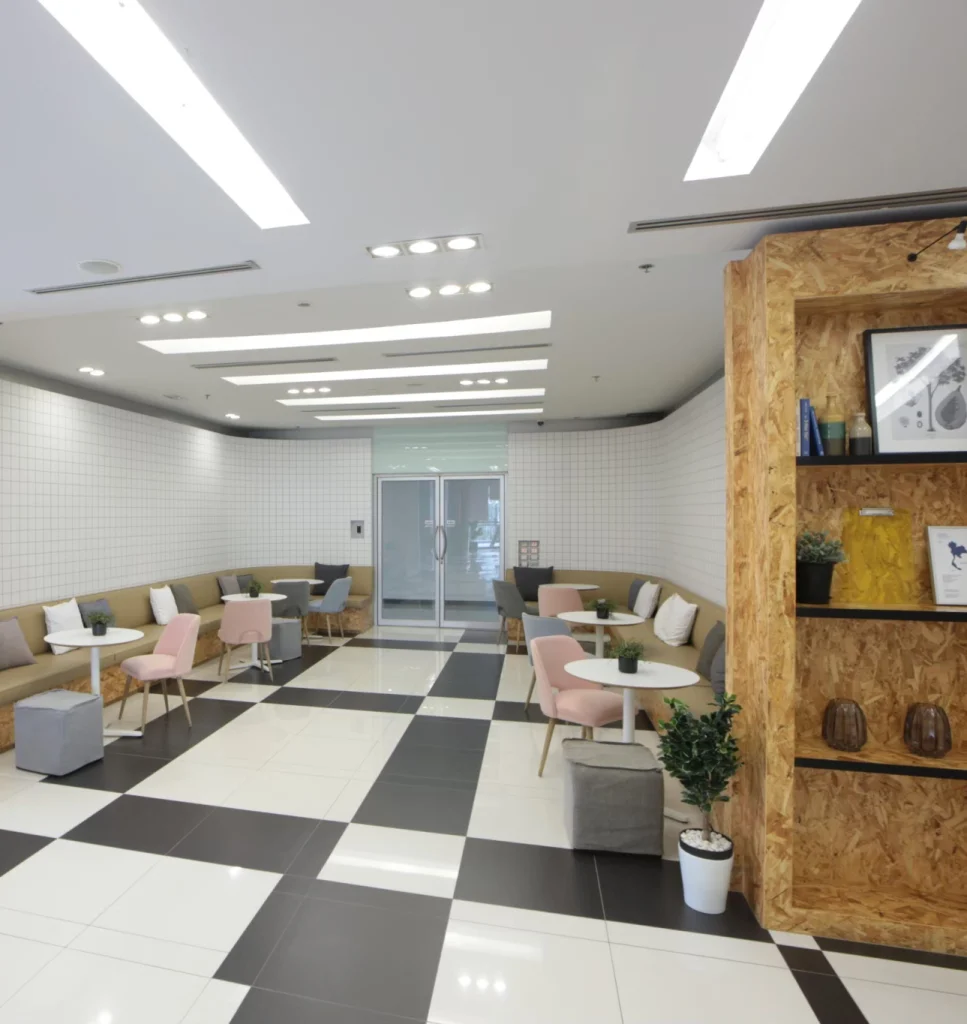The food industry is one of the top industries driving the Thai economy. It is central to manufacturing, exports, business building, employment, and utilization of the nation’s raw materials. Farmers in all parts of the country make up parts of the supply chain and thereby gain valuable income for their families and communities. However, these days, Thailand’s agro-industry faces steep competition. Most of Thailand’s food products are low-priced basic agricultural commodities, and the level of demand for them is uncertain and fluctuating. It is essential to restructure Thailand’s agro-food industry to transition towards producing High Value Added, or HVA, products that are differentiated from those of competitors, are highly in demand, and can sell for high prices. This will make the Thai food industry more competitive, and will mean more income for farmers in the long term. This all depends on research, development and innovation.
22 September 2015, the Cabinet approved a cluster policy, focusing on developing industrial clusters with good potential to strengthen the national economy in the future. Food Innopolis was named as a Super Cluster to help move the cluster policy forward towards tangible success.
The establishment of Food Innopolis can sharpen Thailand’s competitiveness by:

16 May 2016, the Cabinet assigned National Science Technology and Innovation Policy Office: STI (now known as the Office of National Higher Education Science Research and Innovation Policy Council) under the Ministry of Science and Technology (now known as the Ministry of Higher Education, Science, Research and Innovation) to act as the primary host of the Food Innopolis project. The aim is to develop Food Innopolis as a space that is well equipped with the necessary infrastructure e and personnel to facilitate important food science, technology and innovation projects with the full cooperation of institutes of higher learning, research institutes and other organizations in forming beneficial public-private partnerships. When these partnerships are strong, and when suitable tax incentives are provided, it will encourage more investment by leading Thai and foreign firms in food industry R&D here. They might be interested to invest in innovations in testing, analysis, quality standards systems, traceability tracking, production design and engineering, high-level elite skills training, new products research, prototype products development and testing, food packaging and transport innovations, or information technology applications for food science and the food industry.
On 27 May, 2016, the Ministry of Science and Technology held an agreement signing ceremony at the Food Innopolis Coordination Office in National Innovation Agency, the Ministry of Science and Technology to cement the ties between 35 agencies, comprising 12 universities,9 government agencies, 13 private companies, and one association. Dr. Somkid Jatusripitak, who was Deputy Prime Minister at that time, presided over the agreement signing ceremony. The main objective of the agreement was to harness the strengths of diverse actors from all 3 sectors to set strategic goals for food industry innovations that would fit in well with the predicted trends of the global food industry market. This model uses the good gorvernence to create synergy between private and public sector agencies and institutions of higher learning to harmoniously cooperate in driving forward the Thai food industry and Food Innopolis‘s other related objectives.
On 17 February, 2017, Food Innopolis organized the Food Innopolis Open House at the Thailand Science Park in Pathum Thani. Agreements were signed with 17 public and private agencies, including universities, to join in driving the Food Innopolis vision forward.
At present, Food Innopolis operates as one agency under the control of the National Science and Technology Development Agency (NSTDA). There are 15 allied agencies in the Food Innopolis network that come from all regions of the country. Food Innopolis is developing its One Stop Service (OSS) platform to try to meet the needs of all shapes and sizes of food industry enterprises and to facilitate and encourage greater food industry research, development and innovation at every level. This will help make Thailand’s food industry more competitive.




Copyright © 2023 foodinnopolist.or.th. All right reserved.
